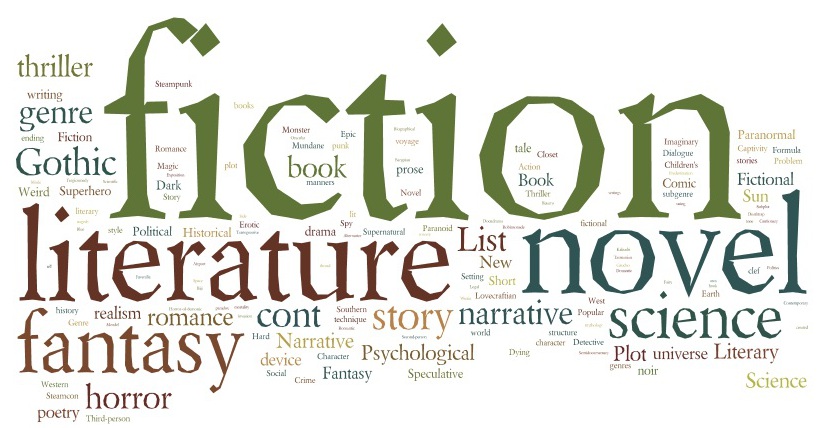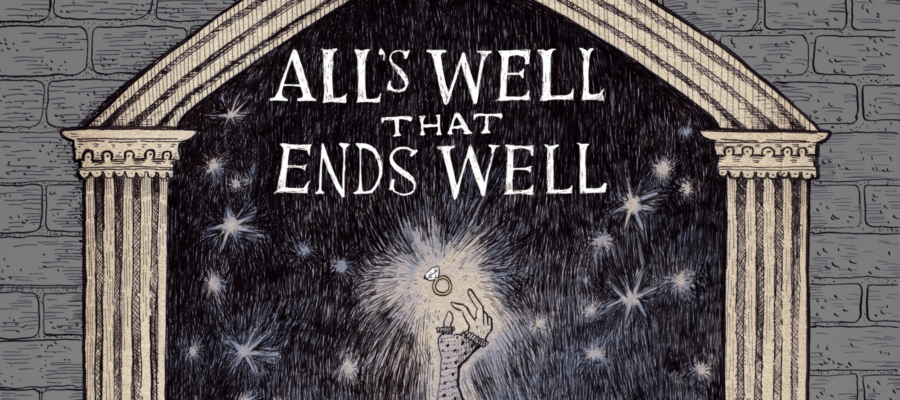Pareeshe Fatima
Fiction writing is a type of writing that comes from an author’s own imagination and tells a story. Fiction writing can be any length, such as novels, novellas, short stories, or flash fiction. Fiction writing can also be divided into different genres, which are categories of narrative entertainment with similar themes, elements, and motifs. Some of the most common genres of fiction are:
- Crime fiction: This genre involves stories that focus on crimes, criminals, detectives, and justice. Crime fiction can include subgenres such as mystery, thriller, suspense, and noir. Examples of crime fiction are The Girl with the Dragon Tattoo by Stieg Larsson, The Da Vinci Code by Dan Brown, and The Maltese Falcon by Dashiell Hammett.
- Fantasy fiction: This genre involves stories that use magic, supernatural elements, or imaginary worlds as a major part of the plot or setting. Fantasy fiction can include subgenres such as high fantasy, low fantasy, urban fantasy, and magical realism. Examples of fantasy fiction are The Lord of the Rings by J.R.R. Tolkien, Harry Potter by J.K. Rowling, and The Chronicles of Narnia by C.S. Lewis.
- Romance fiction: This genre involves stories that focus on the romantic relationship between two or more characters. Romance fiction can include subgenres such as historical romance, contemporary romance, paranormal romance, and erotic romance. Examples of romance fiction are Pride and Prejudice by Jane Austen, The Notebook by Nicholas Sparks, and Fifty Shades of Grey by E.L. James.
- Science fiction: This genre involves stories that use science and technology as a major part of the plot or setting. Science fiction can include subgenres such as hard science fiction, soft science fiction, dystopian fiction, and cyberpunk. Examples of science fiction are 1984 by George Orwell, The Hitchhiker’s Guide to the Galaxy by Douglas Adams, and The Matrix by the Wachowskis.
- Horror fiction: This genre involves stories that aim to scare, shock, or disturb the readers. Horror fiction can include subgenres such as gothic horror, psychological horror, supernatural horror, and zombie fiction. Examples of horror fiction are Dracula by Bram Stoker, The Shining by Stephen King, and The Walking Dead by Robert Kirkman.
- Young adult fiction: This genre involves stories that target young adult readers, typically between the ages of 12 and 18. Young adult fiction can include subgenres such as coming-of-age, dystopian, fantasy, and realistic fiction. Examples of young adult fiction are The Catcher in the Rye by J.D. Salinger, The Hunger Games by Suzanne Collins, and The Fault in Our Stars by John Green.
Fiction writing has a significant literary value for the common readers, as it can cover all aspects of life and provide various benefits, such as:
- Entertainment: Fiction writing can offer a source of enjoyment and pleasure for the readers, as they can immerse themselves in the stories and experience different emotions, such as excitement, curiosity, fear, or love. Fiction writing can also stimulate the readers’ imagination and creativity, as they can envision the characters, settings, and events in their minds.
- Education: Fiction writing can offer a source of knowledge and information for the readers, as they can learn about different topics, such as history, culture, science, or philosophy. Fiction writing can also expose the readers to different perspectives, values, and beliefs, as they can encounter diverse characters, situations, and themes.
- Inspiration: Fiction writing can offer a source of motivation and empowerment for the readers, as they can identify with the characters, their struggles, and their achievements. Fiction writing can also challenge the readers to think critically, question their assumptions, and explore their own opinions and feelings.
Therefore, fiction is an aesthetical appeal for the readers as it can provide literary, aesthetical and academic satisfaction.
Please, subscribe to the YouTube channel of republicpolicy.com

















